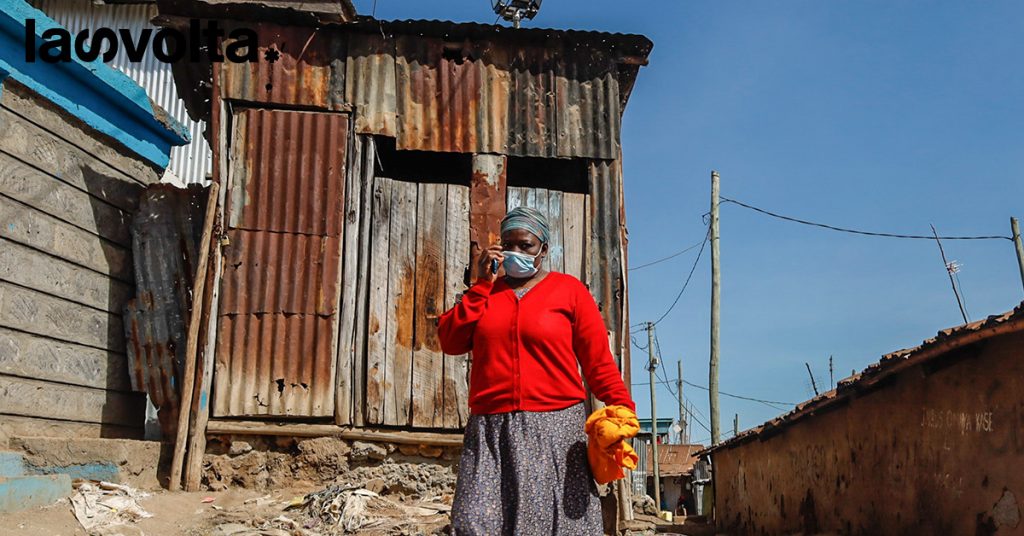Impact of the Russia-Ukraine Conflict on Kenya and the rest of Africa

The thread betweenRussia and Ukrainehad been hanging for quite a while and it was only a matter of time before it snapped. The Russia-Ukraine conflict was preceded by interesting events with Ukraine seeking to join NATO (Nord Atlantic Treaty Organization). Russia was not pleased with this move and sought to “demilitarize and de-Nazify Ukraine”. On February 21, tensions reached a boiling point when Vladimir Putin publicly acknowledged the independence of two pro-Russian districts, Donetsk and Luhansk, in Ukraine. He went ahead and declared an attack on Kyiv and that is when it all spiraled down. As reported by the International Energy Agency, Russia is the third largest producer of oil in the world. In January 2022, it produced about 11.3 millions of barrels per day, of which 10 millions of barrels per day was crude oil, 960 thousand barrels per day condensates and 340 thousand barrels per day natural gas liquids. However, at the onset of the war, prices of the commodity went up by USD 8/bbl to USD 105/bbl due to anticipated sanctions against Russia. This caused a domino effect and affectedoil prices worldwide. InKenya, there was a fuel shortage that led to individuals queueing for long hours and walking long milesin search of fuel.Moreover, the war has worsened the food crisis in Africa as per an article by the IFPRI. Russia and Ukraine account for 80% of wheat imports in North Africa (Algeria, Egypt, Libya, Morocco, and Tunisia), Nigeria in West Africa, Ethiopia and Sudan in East Africa, and South Africa. For instance,Kenya imports 45% of edible oilsand about30%-50% of processed wheat grainsyearly from Russia and Ukraine. Prices of these products have skyrocketed with the price of wheat increasing from Kenyan Shillings 168 to 202 (approximately 1.35 Euros and 1.62 Euros respectively). Wheat is a staple food in many households and thus the increase in prices has made havingthree meals a day a luxury.As per the AU CAADP biennial review report of 2019, food and nutrition security inAfricais reported to have deteriorated since the inaugural report in 2017. Theconflict has further aggravated commercial activitiesin the Black Sea with vital port operations being halted. This has disrupted the fertilizer supply chain to Africa, which also exacerbates the looming food crisis since Kenya has been facing long periods of drought due to climate change. Furthermore, the country’s currency has significantly weakened as the United States of America hiked interest rates. Recently, Pwani Oil Company Ltd, one of Kenya’s largest oil manufacturers, shut down in Kenya citing, among others, the US dollar shortage, raw material shortage and suspension of exports from key producers as some of the reasons. The prices of cooking oil have since doubled despite already having previously doubled due to the pandemic. However, the Kenyan government has attempted to subsidize commodities especially in the agricultural sector. African governments should focus onpromoting intra-African trade.Africa should focus on developing its local industries first, in order to be self-sufficient while improving the African Continental Free Trade Area (AfCFTA). The UN reports that this increase in prices is good because it will nudgeAfrican countries to produce their own foodand reduce reliance on food imports. It further states that Africa boasts of a 60 percent global share of arable land and should use it to grow more food for domestic consumption and export to the global market. As the famous saying goes,“it is easier said than done”.According to Lena Simet, the rising prices of commodities are compounding the plight of millions of people thrown into poverty by the Covid-19 pandemic, requiring urgent action by governments and the international communities. It is hard to tell how the world economy will recover from the effects of the war since it has not yet recovered from the effects of the Covid-19 pandemic